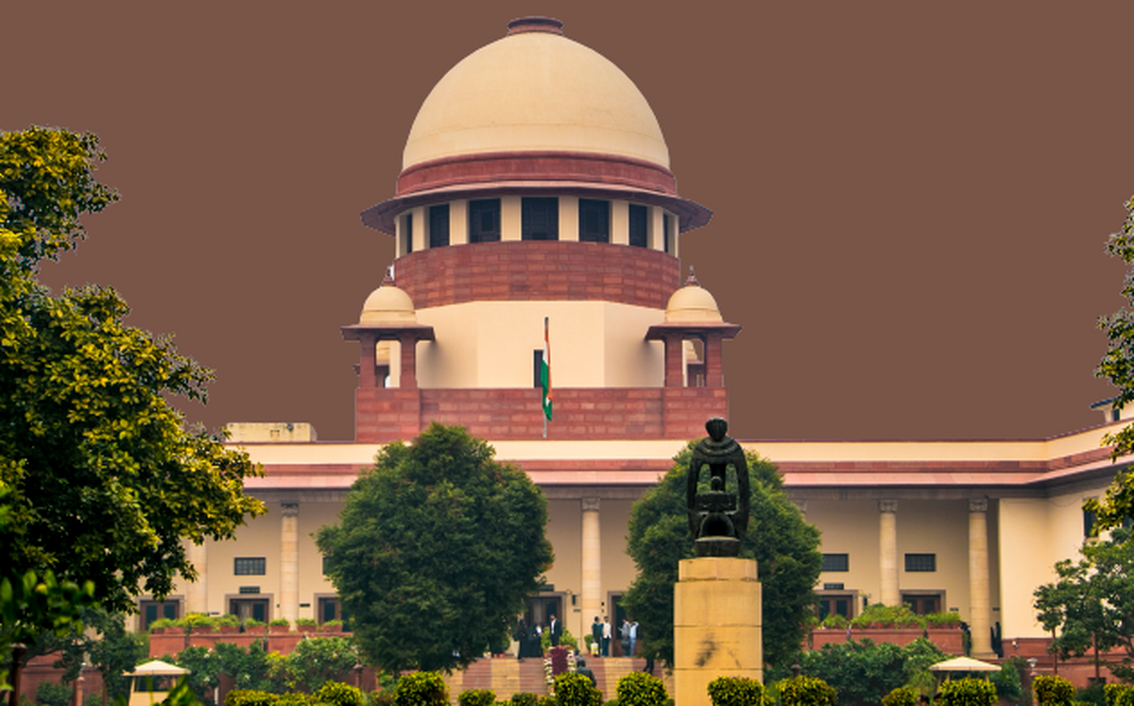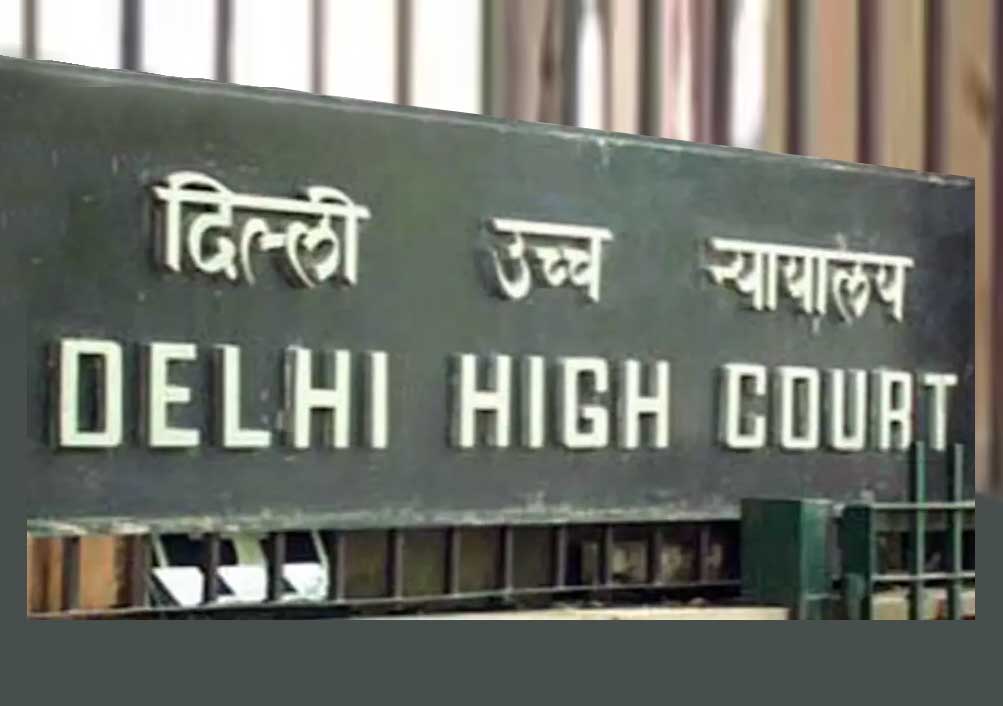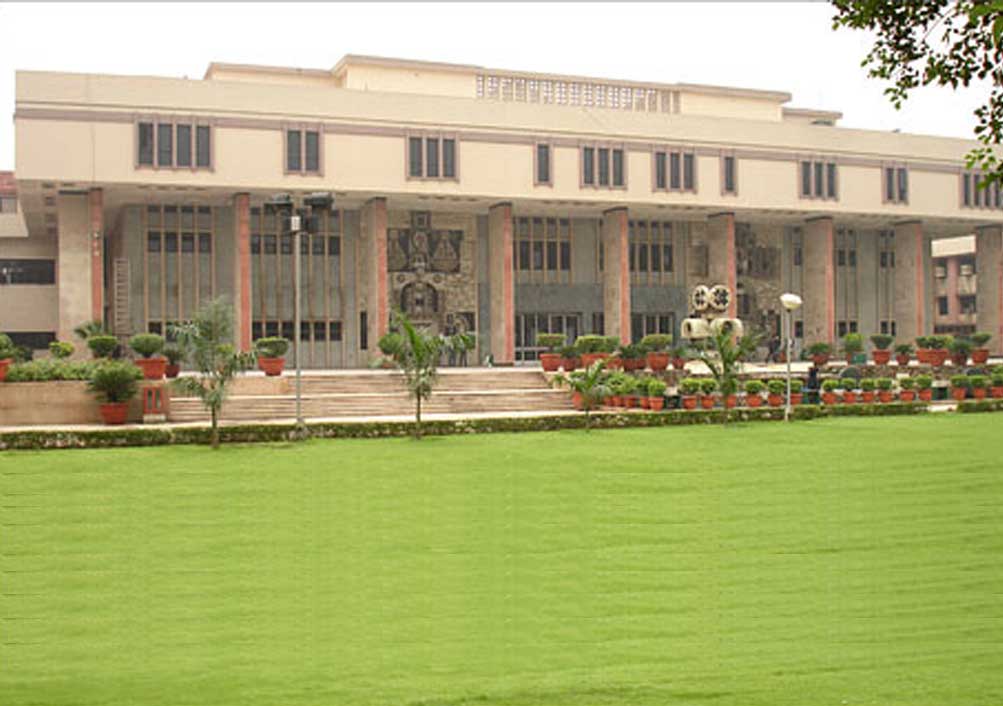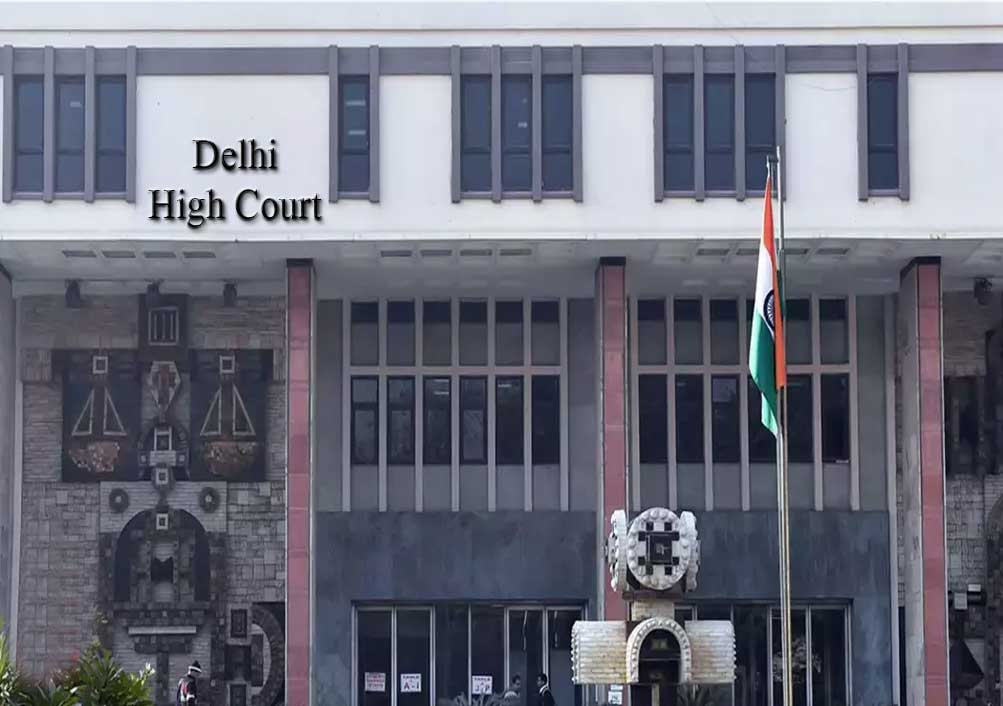In Civil Appeal No.005220 of 2022-SC- Rule of evidence to prove charges in criminal trial cannot be used while deciding application u/s 166 of Motor Vehicles Act, which is summary in nature: SC Justices Vikram Nath & Hemant Gupta [10-08-2022]

Read Order: JANABAI WD/O DINKARRAO GHORPADE & ORS. Vs. M/S. I.C.I.C.I. LAMBORD INSURANCE COMPANY LTD.
Mansimran Kaur
New Delhi, August 11, 2022: In a motor accident case, the Supreme Court has recomputed the amount of compensation by exercising its powers conferred under Article 142 of the Constitution.
The Division Bench of Justice Vikram Nath and Justice Hemant Gupta allowed the present appeal instituted by the appellants in the present case who were the legal heirs of the deceased Dinkar Shankarrao Ghorpade. The appeal in the present case was against an order passed by the Bombay High Court whereby the award passed by the Motor Accident Claim Tribunal was set aside.
The Division bench was of the view that the there was no reason to doubt the veracity of the statement of the first appellant who suffered injuries in the accident. The application under the Act had to be decided on the basis of evidence led before it and not on the basis of evidence which should have been or could have been led in a criminal trial.
Factual background of the case was such that the deceased was driving a motorcycle on June 1, 2007 when a Maruti-800 Car came from the opposite direction and dashed into the motorcycle of the deceased.The deceased and the first appellant received serious injuries The deceased was thus admitted to a Government Hospital but he died on June 25, 2007. The cause of death was head injury.
The first appellant lodged a complaint where an FIR was registered against an unknown vehicle and unknown driver. On August 20, 2007 the registration of the offending vehicle and the names of the driver and the owner of the vehicle were informed. Thereafter, the Police started its investigation and charged the driver Sanjay S/o Ramesh Sonwane. On account of the death of the deceased, an application under Section 166 of the Motor Vehicles Act, 1988 for grant of compensation was filed.
The owner of the vehicle denied the accident. It was stated by the owner in his written statement that the driver – Sanjay was never engaged by him and there was no relation of employer and employee between them. The Tribunal held that the accident occurred by the vehicle owned by the owner.
However, in an appeal filed by the Insurance Company, the High Court did not accept the findings that the accident was caused by the car owned by the owner and the negligent driving on the part of the driver. Thus, doubting the statement of the first appellant regarding the accident, the appeal filed by the Insurance Company was allowed and the claim petition was dismissed. It was this impugned order that was assailed by way of the present appeal.
After hearing the submissions of the parties at length , the Bench said, “ We find that the rule of evidence to prove charges in a criminal trial cannot be used while deciding an application under Section 166 of the Motor Vehicles Act, 1988 which is summary in nature.”
There was no reason to doubt the veracity of the statement of the first appellant who suffered injuries in the accident. The application under the Act has to be decided on the basis of evidence led before it and not on the basis of evidence which should have been or could have been led in a criminal trial. The Top Court was of the opinion that the entire approach of the High Court was clearly not sustainable.
It was further stated by this Court that the appellants did not file any appeal seeking enhancement of compensation awarded by the Tribunal before the High Court. At this stage reliance was placed on the case of National Insurance Company Limited v. Pranay Sethi & Ors. In view of the same, the Court observed that in exercise of powers conferred under Article 142 of the Constitution, the amount of compensation should be recomputed to be in tune with the Constitution Bench Judgment.
Hence, the compensation was fixed at Rs 11,63,000 along with interest and the appeal was allowed.
Sign up for our weekly newsletter to stay up to date on our product, events featured blog, special offer and all of the exciting things that take place here at Legitquest.




Add a Comment